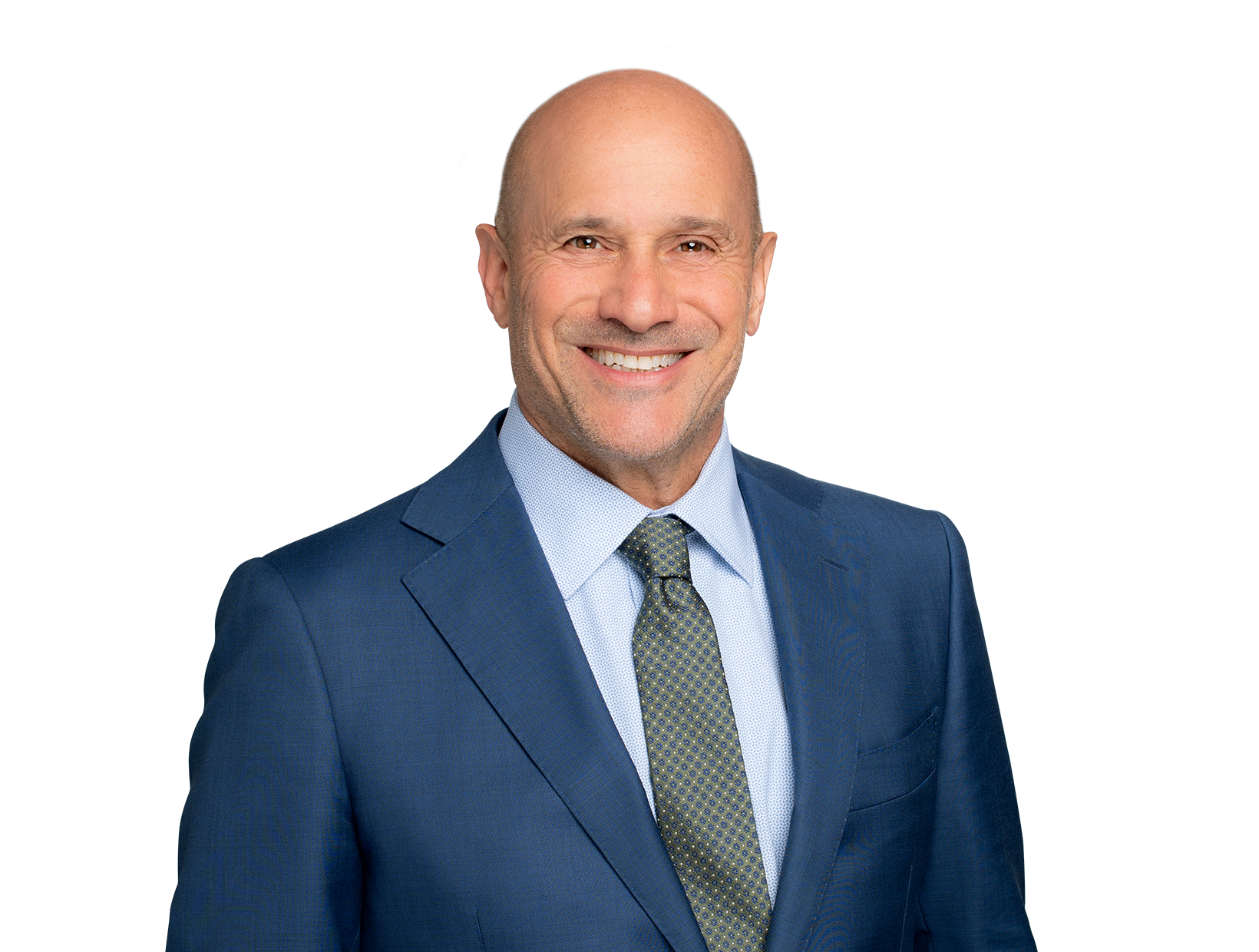Blog
WDWI rejects "inexorable flow" doctrine of lost profits
Fish & Richardson
Authors
-
- Name
- Person title
- Principal

The Western District of Wisconsin, in Kahr v. Cole, Case No. 13-C-1005 (Judge Griesbach) (July 28, 2016), granted defendant's motion in limine to exclude evidence of plaintiff's claimed lost profits. Plaintiff contended that it should be allowed to introduce evidence at trial of lost profits under the "inexorable flow" doctrine in other words, plaintiff, who did not manufacture the patented product, had a licensee who did, and that the licensee's losses from the alleged infringement inexorably flowed to the patent owner-licensor. The court cited the fact that the plaintiff did not have an exclusive license with the manufacturer (DDM). The Kahr court cited two cases, in which, according to Kahr, the courts had indicated that a non-manufacturing patent owner-plaintiff can recover lost profits if the patent owner has an exclusive license with the manufacturer. Slip op. at 2 (citing Carver v. Velodyne Acoustics, Inc., 202 F. Supp. 2s 1147, 1149 (W.D. Wash. 2002), and Kalman v. Berlyn Corp., 914 F.2d 1473 (Fed. Cir. 1990)). The Kahr court cited testimony from the plaintiff in which he testified that he could have licensed his patent to the defendant. Slip op. at 2.
The Kahr court did not, however, cite "inexorable flow" precedent from the Federal Circuit. See Mars, Inc. v. Coin Acceptors, Inc., 527 F.3d 1359, 1365-67 (Fed. Cir. 2008), and Warsaw Orthopedic, Inc. v. NuVasive, Inc., 778 F.3d 1365, 1375 (Fed. Cir. 2015). Both of those cases appeared to recognize the doctrine, but neither of allowed lost profits on the facts at issue. A recent case from the Eastern District of Texas, however, questioned whether inexorable flow is a viable theory of lost profits. Mars, Inc. v. TruRX LLC, No. 6-13-cv-00526 (E.D. Tex. March 14, 2016) (Mag. Judge Nicole Mitchell). That case is addressed in another post.
The opinions expressed are those of the authors on the date noted above and do not necessarily reflect the views of Fish & Richardson P.C., any other of its lawyers, its clients, or any of its or their respective affiliates. This post is for general information purposes only and is not intended to be and should not be taken as legal advice. No attorney-client relationship is formed.